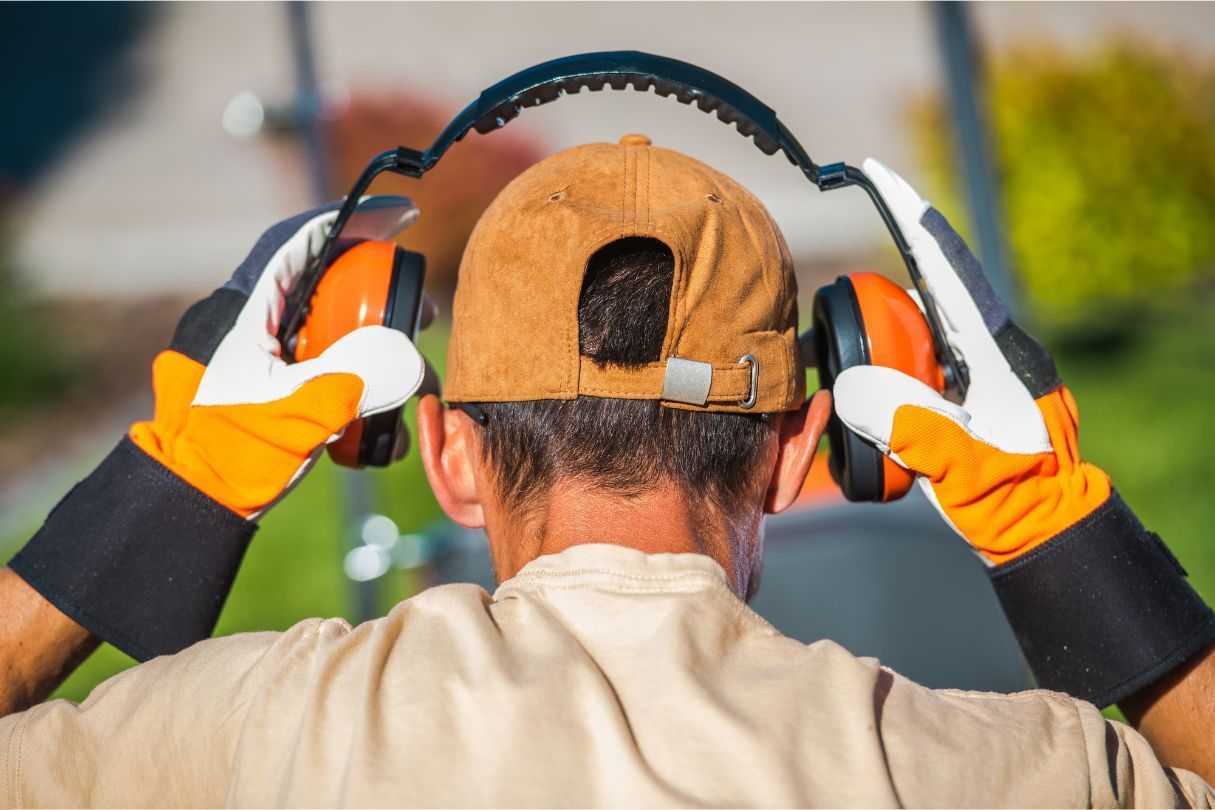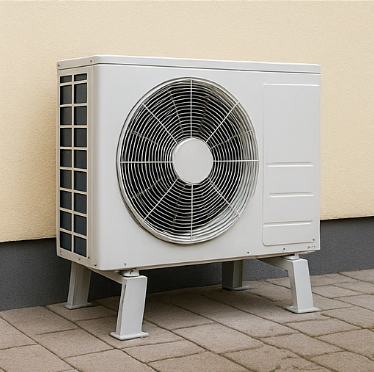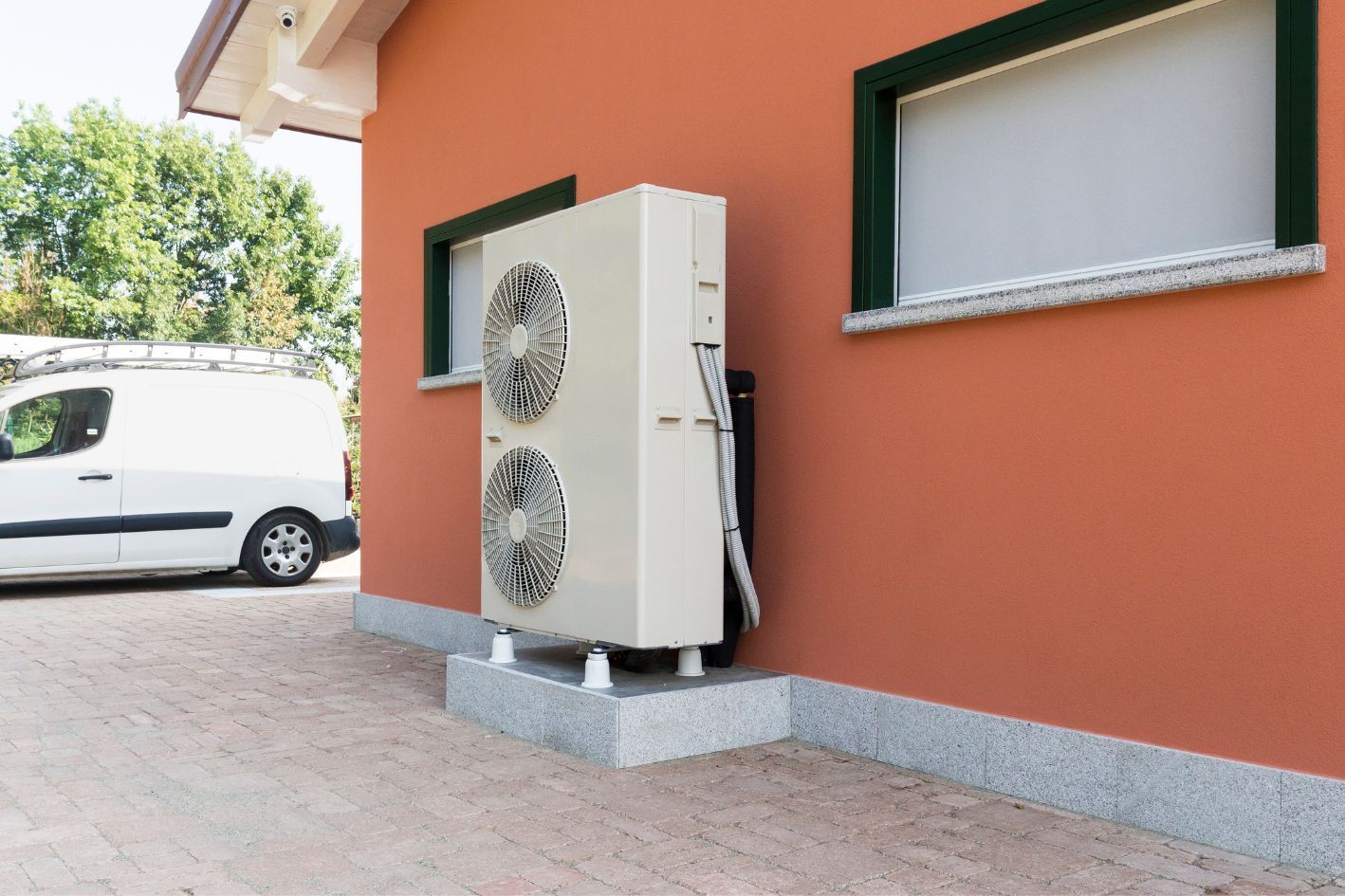Air Source Heat Pump Noise Reduction Solutions: A Comprehensive Guide

Air source heat pumps are an excellent choice for energy-efficient home heating, but some homeowners may be concerned about potential noise. Fortunately, there are numerous heat pump noise reduction strategies available, ranging from DIY solutions to professional installations. This guide will explore various methods to achieve quiet heat pump operation.
Proper installation and maintenance are the most effective ways to reduce heat pump noise. Regular
heat pump maintenance for noise reduction can include cleaning or replacing filters, lubricating moving parts, and ensuring all components are securely fastened. These simple steps can significantly decrease operational noise.
For those seeking more robust solutions,
sound dampening for heat pumps can be achieved through various methods. A heat pump acoustic enclosure is an excellent option for containing noise at the source. These enclosures are designed to fit around the outdoor unit, effectively reducing sound transmission while allowing proper airflow.
Vibration isolation for heat pumps is another crucial aspect of noise reduction. By installing anti-vibration mounts or pads under the heat pump, you can minimise the transfer of vibrations to the surrounding structure, resulting in quieter operation.
Soundproofing heat pump compressors, often the primary noise source, can be achieved using specialised wraps or blankets. These products are designed to absorb and deflect sound waves, significantly reducing noise levels.
Consider installing
air source heat pump sound barriers for a more comprehensive approach. These can be fences, walls, or strategically placed landscaping elements that help deflect and absorb sound waves before reaching living areas or neighbouring properties.
When selecting a new system, look for
noise-reducing heat pump models
specifically designed for quiet operation. Many manufacturers now offer units with built-in advanced noise reduction technologies.
For the hands-on homeowner, there are several effective
DIY heat pump noise reduction techniques to explore. These can include building a simple wooden enclosure lined with
heat pump noise insulation or installing a sound-deflecting fence around the unit. With these techniques, you can take control of your home's comfort and peace.
In conclusion, achieving
quiet heat pump operation is possible through a combination of proper maintenance, informed decisions on strategic placement, and targeted noise reduction solutions. By implementing these strategies, homeowners can enjoy the benefits of energy-efficient heating without the concern of excessive noise.











